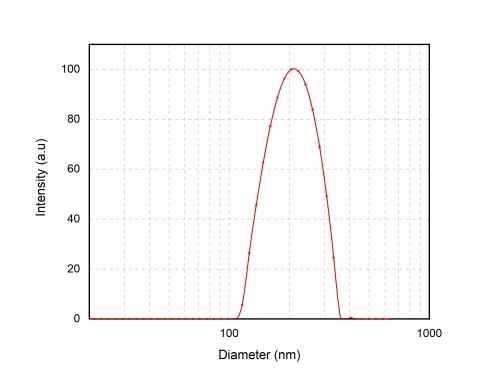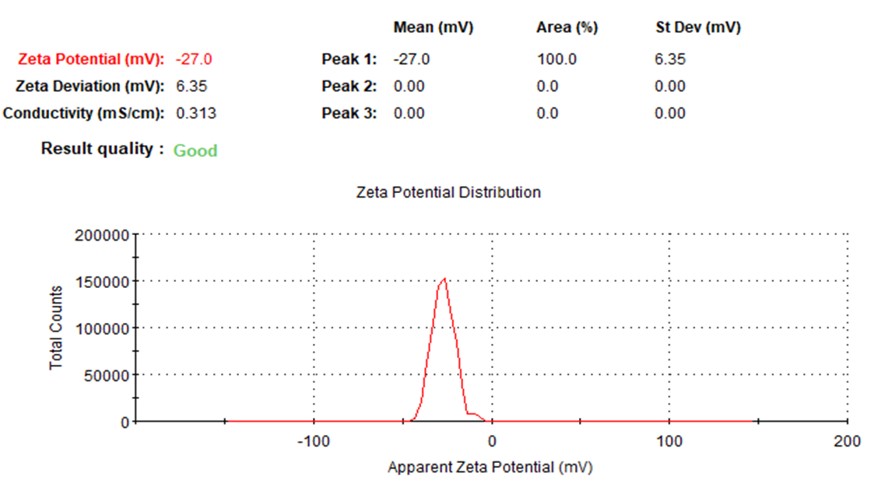Through the intelligent delivery of drugs, liposomes provide a solid foundation for the sustainable development of various commercial products for the treatment of medical diseases. It has been proven that sterically stabilized liposomes can extend the circulation time of small molecule drugs by reducing the clearance of the reticuloendothelial system (RES).
Creative Biolabs employs two principal methods to encapsulate small molecules within liposomes, each suited to specific types of compounds and applications:
| Loading Method | Description | Suitable Drug Type |
|---|---|---|
| Passive Loading | Drug molecules are encapsulated during liposome formation, dissolved in the aqueous phase for hydrophilic compounds or in the lipid phase for hydrophobic ones. | Hydrophilic and Hydrophobic Small Molecules |
| Active Loading | Utilizing transmembrane ion gradients to efficiently encapsulate weakly ionizable compounds within preformed liposomes, enhancing drug loading efficiency and retention. | Weak Acidic or Basic Drugs |
Both methods allow us to customize liposome formulations to match client specifications, optimizing parameters such as drug encapsulation efficiency, stability, and release profiles.
 Fig.1 Two major methods for liposomal drug loading
Fig.1 Two major methods for liposomal drug loading
Hydrophilic small molecules are typically encapsulated within the aqueous core of liposomes. In this process, the drug is suspended in the aqueous phase during liposome formation, which allows it to be captured within the lipid bilayer-enclosed compartment. We have extensive experience in formulating long-circulating liposomes modified with polyethylene glycol (PEG) to reduce clearance by the RES. This approach is ideal for cytotoxic drugs and other research chemicals that require prolonged circulation. In addition to PEGylation, Creative Biolabs offers custom modifications to tailor the encapsulation efficiency and drug release properties to client needs.
 Fig.2 Hydrophilic drug encapsulation methods
Fig.2 Hydrophilic drug encapsulation methods
Hydrophobic drugs, on the other hand, are incorporated into the lipid bilayer of liposomes. Due to their affinity for lipid environments, these compounds remain embedded within the lipid membrane, providing stability and protection from the external aqueous environment. During the encapsulation process, both the drug and lipids are dissolved in organic solvents and combined during liposome formation. This method ensures that hydrophobic drugs are encapsulated within the lipid bilayer and remain isolated from the aqueous core, which enhances stability.
Creative Biolabs offers a wide range of lipid compositions and membrane characteristics to support the encapsulation of various hydrophobic compounds, ensuring compatibility with different experimental requirements.
Creative Biolabs specializes in providing customized liposome formulations to meet specific research needs. Our comprehensive liposome development services include:
| Service Aspect | Description |
|---|---|
| Size and Lamellarity Control | Customization of liposome size and number of bilayers to control drug release and distribution. |
| Encapsulation Efficiency Optimization | Adjustments to maximize drug loading while ensuring stability and controlled release. |
| Surface Modification | Functionalization with PEG or other molecules to reduce clearance or target specific cell types. |
| Triggerable Release Systems | Development of pH-sensitive, temperature-sensitive, or magnetically activated liposomes for controlled drug release at the desired site. |
Our expert team can design liposomes with specific physicochemical properties, such as particle size, surface charge, and lamellarity, based on the characteristics of the encapsulated drug and the intended application. For example, smaller liposomes are typically preferred for enhanced tissue penetration, while larger multilamellar vesicles may be suited for sustained release applications. For more details, please directly contact us.
Ensuring the stability and safety of liposomal formulations is critical for research applications requiring consistent and reliable results. Creative Biolabs offers comprehensive formulation stability evaluation, including testing under various environmental conditions to assess particle size, encapsulation efficiency, and release profiles over time. Additionally, our formulation safety evaluation services rigorously examine biocompatibility and potential cytotoxicity to ensure formulations meet the highest standards for research use.
The versatility of liposome-encapsulated small molecules has led to their use in a wide range of research applications. Creative Biolabs supports projects in various fields, including but not limited to:
| Application Area | Description |
|---|---|
| Liposome-Based Cancer Research | Liposome-encapsulated chemotherapeutic agents like doxorubicin and paclitaxel are used extensively in cancer research to investigate drug efficacy, toxicity profiles, and pharmacokinetics. |
| Liposome-Enhanced Immunology and Vaccine Development | Liposomes serve as ideal carriers for immunomodulatory agents and vaccine adjuvants, enhancing immune response by targeting specific cells and tissues. |
| Liposome-Driven Neurology and Ophthalmology Research | Liposome encapsulation is widely employed to improve the delivery of neuroactive and ophthalmic agents, enhancing targeting to specific tissues. |
Small molecule drugs, with molecular weights generally under 900 Da, play crucial roles in diverse research areas, including molecular biology, immunology, and pharmacology. They are known for their ability to interact with specific molecular targets, which makes them ideal for various applications. Despite their versatility, small molecule drugs face several critical limitations:
Liposome encapsulation is an innovative solution to overcome these limitations. By encapsulating small molecules in liposomes, their pharmacokinetic properties are significantly improved. The lipid bilayer provides a protective environment, enabling controlled release, prolonged circulation, and enhanced cellular uptake. Creative Biolabs utilizes advanced liposome technology to maximize the potential of small molecule drugs, addressing these challenges and expanding their utility in scientific research.
Creative Biolabs distinguishes itself through extensive expertise, state-of-the-art technology, and a commitment to quality. Our liposome encapsulation service is characterized by:
Explore our success stories through a detailed case study on our liposome product.
Case 1: Our small molecule-loaded liposomes have a uniform particle size distribution, good dispersion and high encapsulation rate.


Encapsulation Efficiency of drugs >70%, detected by UV-Vis.
 For Research Use Only. Not For Clinical Use
For Research Use Only. Not For Clinical UseServices
Online Inquiry